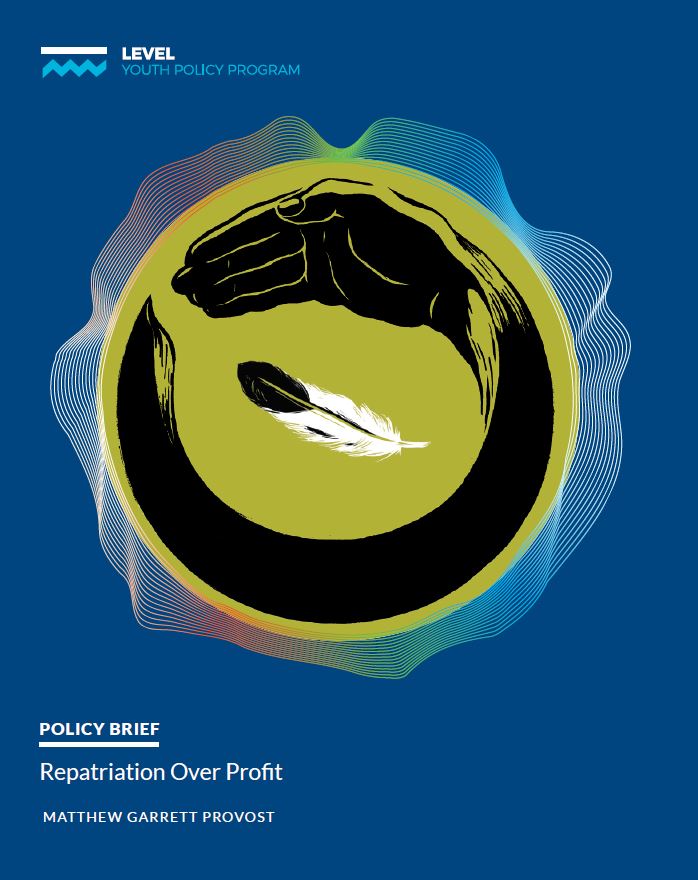Content Warning: This summary includes dialogue around Indian Residential Schools and discussion around oppressive tactics that are impacting Indigenous communities related to repatriation work. There is mention of over-policing of Indigenous peoples and loss of culture and identity.
The repatriation process for Indigenous communities is an extraneous experience. It is something that many Indigenous Communities, if not all, are still being impacted by. In order for communities to feel whole and to find resolution from the loss and exploitation of Indigenous items across the world, the work for repatriation processes and proper community consultation needs to be prioritized so that Indigenous communities can begin to heal. The ongoing sales of Indigenous items in private collections, estate sales, and auctions in the present-day are continuing to perpetuate the harm and erasure of Indigenous people, not only within the North-American context, but globally. This policy ask will cover the issues and problematic tendencies that arise from the ongoing sale of Indigenous items, and how communities continue to advocate for the repatriation of their family and community items in order to bring them home.
It is important to recognize the ongoing work that has been happening within communities, and I hope that this policy ask will act as a framework to hold accountable private collectors, estates, and appraisal organizations, and to end the sales of Indigenous goods that were taken between the years of 1885 to 1951. It’s important to acknowledge that Indigenous items have been collected and harmfully removed from communities through colonial tactics such as the Indian Act, policing Indigenous peoples, and outlawing Indigenous ceremonial practices.
For purposes of narrowing down this policy ask, I will be focusing on cases that are specific in the so-called “Canadian” context. Within this summary, I will provide historical context and convey the significance of Indigenous ceremonial items in community, and how these items hold importance for Indigenous communities in the present day. Indigenous ceremonial and cultural items are identifying pieces that have been forcibly removed from our communities.
I will present recommendations for an accountability process regarding the sale of Indigenous items, and underscore the importance of community involvement in the healing processes, especially when reconnecting with our ceremonial items. I write this in the hopes that this policy ask will give other Indigenous folks and/ or communities the capacity to use this framework to help support or expand their repatriation efforts to secure and protect their items.


